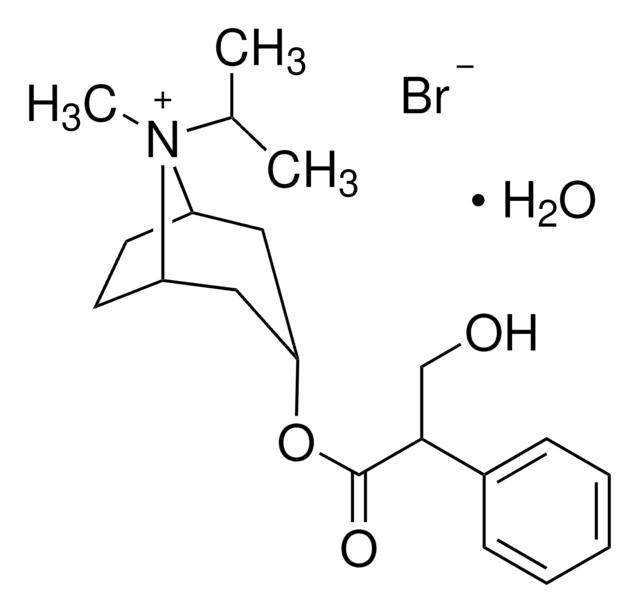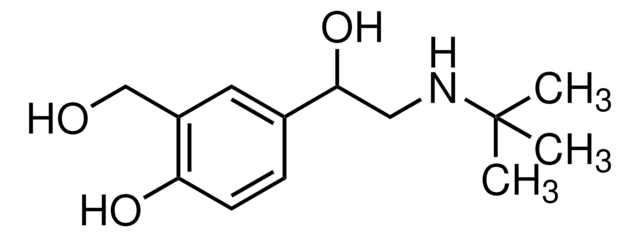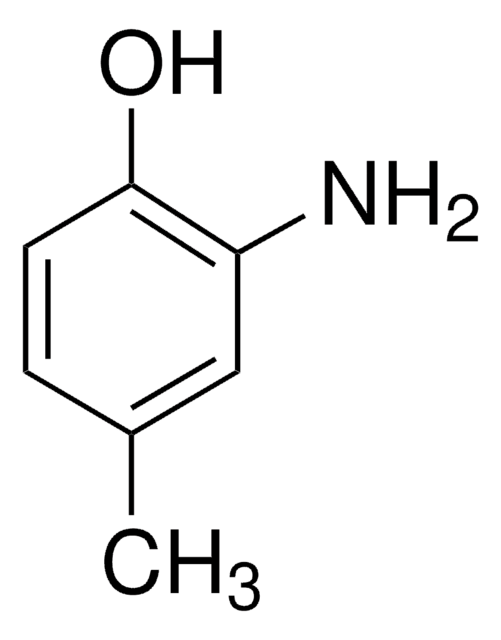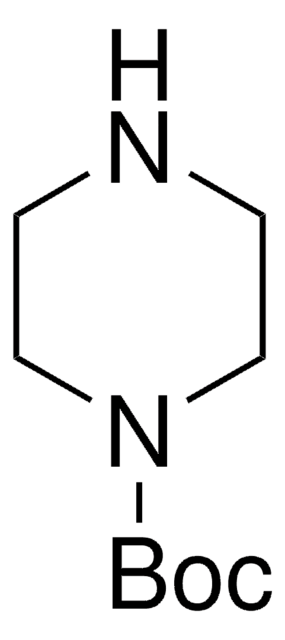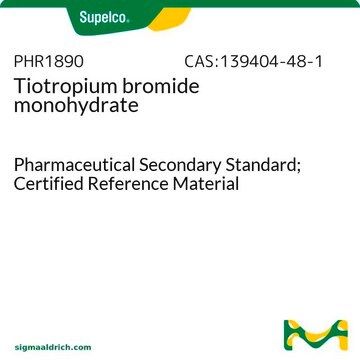I0360000
Ipratropium bromide
European Pharmacopoeia (EP) Reference Standard
Synonym(s):
Ipratropium bromide monohydrate, Atropine isopropyl bromide
Select a Size
Select a Size
About This Item
Recommended Products
grade
pharmaceutical primary standard
API family
ipratropium
manufacturer/tradename
EDQM
application(s)
pharmaceutical (small molecule)
format
neat
SMILES string
O.[Br-].CC(C)[N@+]1(C)[C@H]2CC[C@@H]1C[C@@H](C2)OC(=O)C(CO)c3ccccc3
InChI
1S/C20H30NO3.BrH.H2O/c1-14(2)21(3)16-9-10-17(21)12-18(11-16)24-20(23)19(13-22)15-7-5-4-6-8-15;;/h4-8,14,16-19,22H,9-13H2,1-3H3;1H;1H2/q+1;;/p-1/t16-,17+,18+,19?,21?;;
InChI key
KEWHKYJURDBRMN-XSAPEOHZSA-M
Gene Information
human ... CHRM3(1131)
Looking for similar products? Visit Product Comparison Guide
General description
Application
Packaging
Other Notes
related product
signalword
Warning
hcodes
Hazard Classifications
Acute Tox. 4 Inhalation - Acute Tox. 4 Oral - Eye Irrit. 2
Storage Class
11 - Combustible Solids
wgk_germany
WGK 2
flash_point_f
Not applicable
flash_point_c
Not applicable
Choose from one of the most recent versions:
Certificates of Analysis (COA)
It looks like we've run into a problem, but you can still download Certificates of Analysis from our Documents section.
If you need assistance, please contact Customer Support.
Already Own This Product?
Find documentation for the products that you have recently purchased in the Document Library.
Customers Also Viewed
Our team of scientists has experience in all areas of research including Life Science, Material Science, Chemical Synthesis, Chromatography, Analytical and many others.
Contact Technical Service